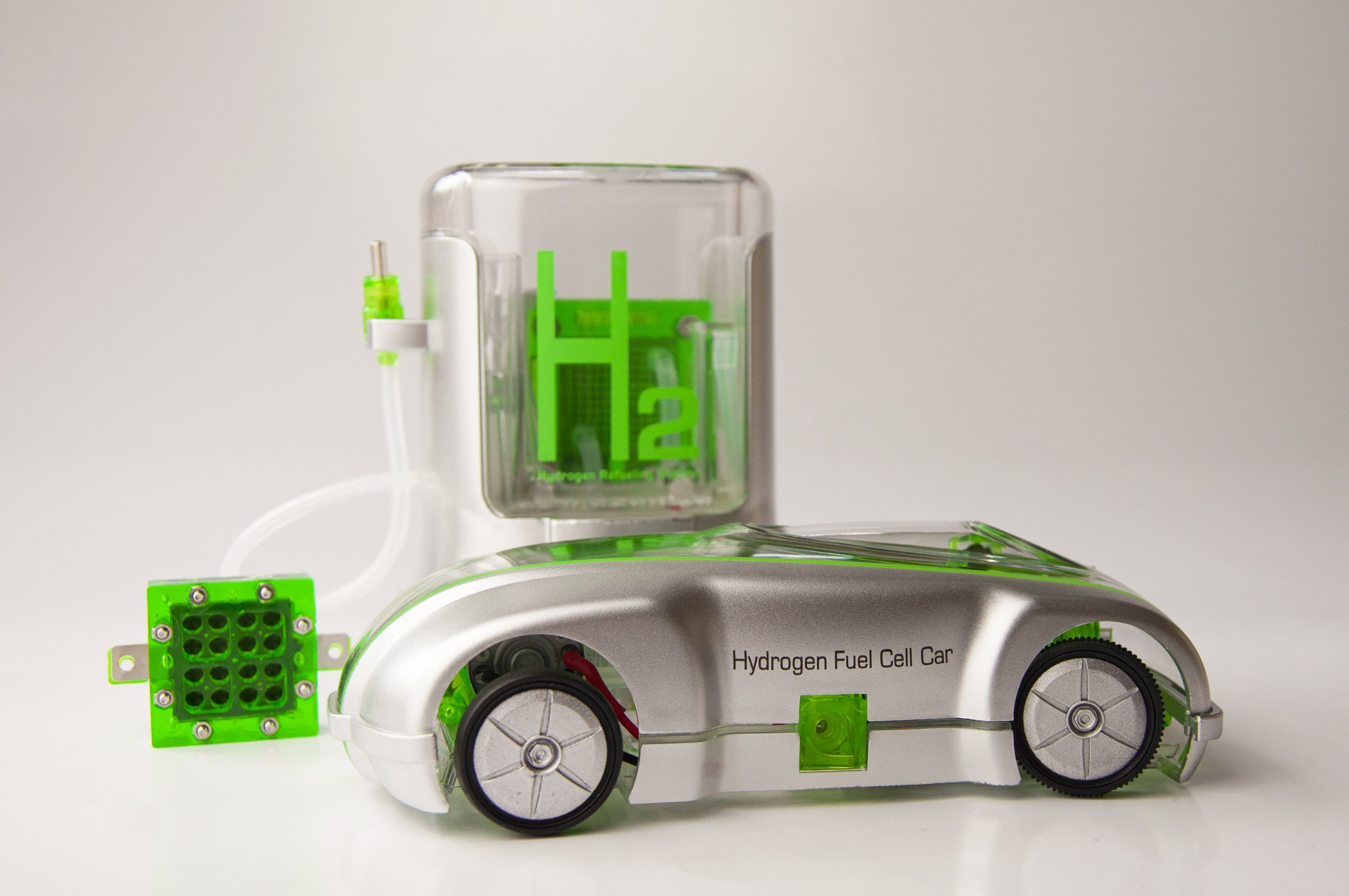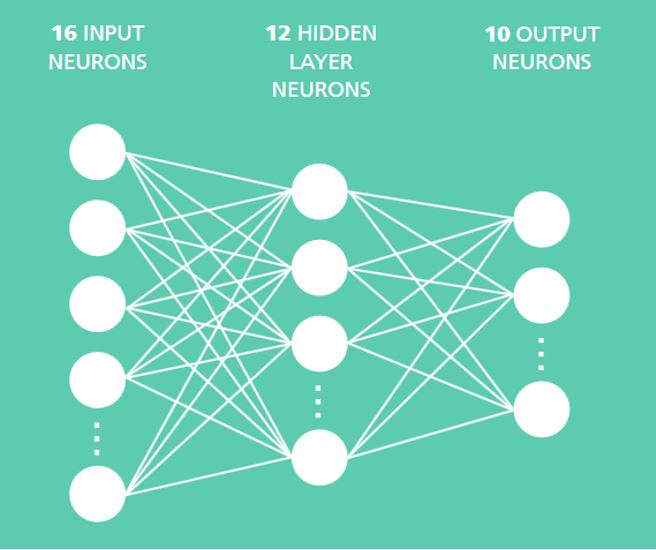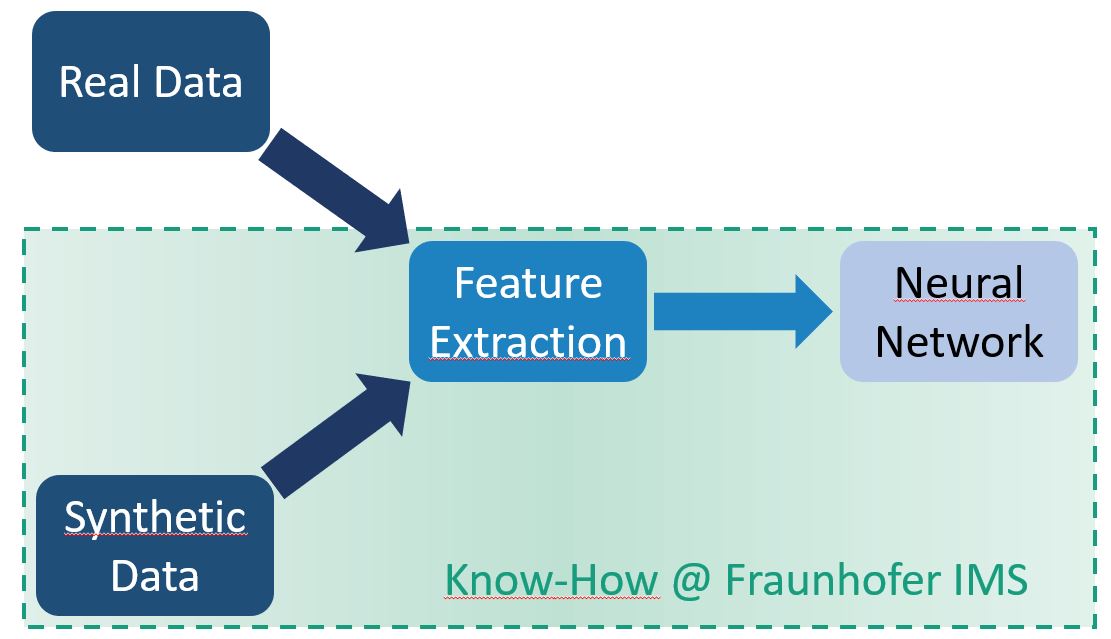As a result of the national and European hydrogen strategy, in which hydrogen is the key to achieve the climate targets, fuel cells will also be used as a powertrain technology in the field of mobility in the future. However, fuel cells are very sensitive systems that can lose considerable performance even if there is only a slight deviation from the optimum operating point. This can result in irreparable damage that greatly reduces the remaining service life. A total loss of the fuel cell even goes hand in hand with a total loss of the vehicle, since the fuel cell is not intended as a replacement component.
Early detection of malfunctions in the form of predictive maintenance for fuel cells increases the lifetime and safety of the fuel cell and offers the possibility to perform individual optimizations. Fraunhofer IMS is in contact with fuel cell manufacturers and system developers to realize innovative solutions for predictive maintenance for fuel cells using embedded AI.


